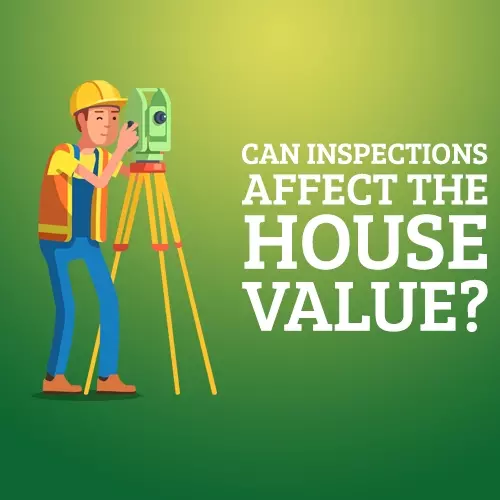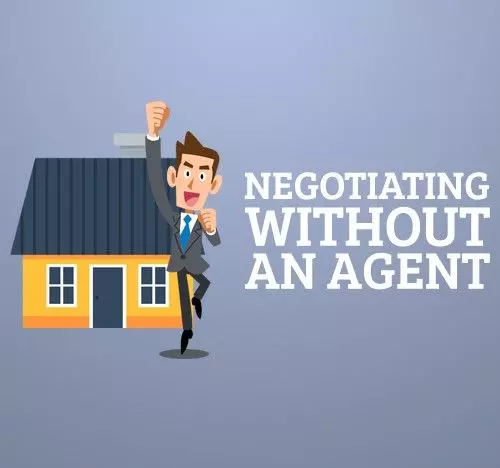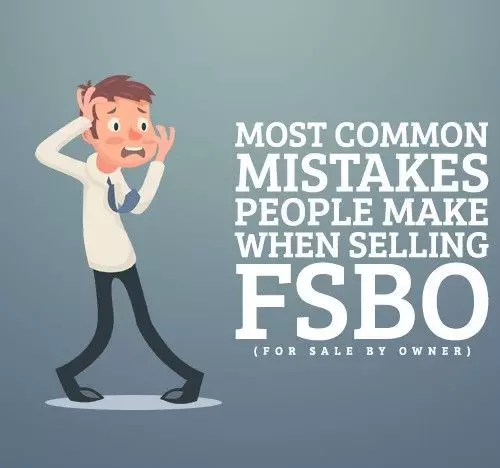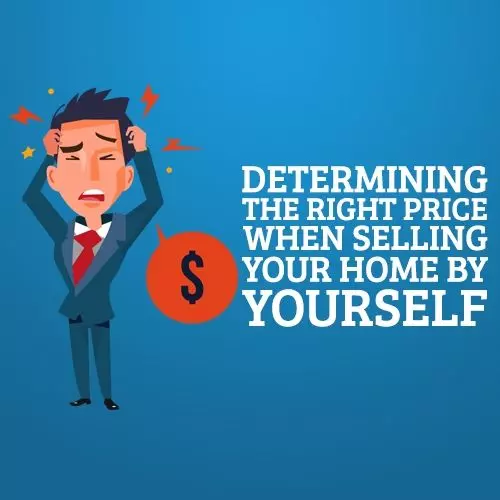Advertising for selling your house by your self


Selling your house can be a daunting task, especially if you're considering doing it yourself. However, with the right strategies and a little elbow grease, you can successfully market your property without the help of a real estate agent. This blog will guide you through essential advertising techniques to help you sell your home quickly and effectively.
### Understand Your Market
Before diving into advertising, it's crucial to understand the local real estate market. Research similar homes in your area to determine their selling prices, features, and how long they were on the market. Websites like Zillow or Realtor.com can provide valuable insights into current listings and recent sales. Understanding your competition will help you set a competitive price for your home and identify what buyers are looking for.
### Create an Attractive Listing
Your listing is often the first impression potential buyers will have of your home. It’s essential to make it appealing and informative. Start with a catchy headline that highlights the unique features of your property. Use high-quality photographs that showcase both the interior and exterior of your home. Consider hiring a professional photographer or using a good camera to take well-lit, wide-angle shots that make your space look inviting.
When writing the description, be clear and concise while emphasizing key selling points—such as recent renovations, energy-efficient appliances, or proximity to schools and parks. Use descriptive language that helps buyers visualize themselves living in the space.
### Utilize Online Platforms
In today’s digital age, online platforms are invaluable for advertising your home. List your property on popular real estate websites like Zillow, Craigslist, or Facebook Marketplace. Each platform has its strengths; for example, Facebook allows you to share listings within community groups where potential buyers may be looking.
Additionally, consider creating a dedicated website or landing page for your home that includes photos, virtual tours, and detailed information about the neighborhood. This can serve as a central hub for all inquiries and offers.
### Leverage Social Media
Social media is an excellent tool for reaching a wider audience. Share posts about your home on platforms like Instagram, Twitter, and Facebook. Use relevant hashtags such as #ForSale or #RealEstate to increase visibility. You can also create engaging stories or reels showcasing different aspects of your house—like a tour of each room or highlighting outdoor spaces.
Encourage friends and family to share your posts to expand reach further. Consider hosting a virtual open house via live streaming on social media platforms; this allows potential buyers who may not be able to visit in person to explore your home from the comfort of their own devices.
### Traditional Advertising Methods
While digital marketing is essential, traditional methods still hold value in selling homes. Consider placing "For Sale" signs in front of your property with clear contact information so passersby can easily reach you. You might also distribute flyers in local neighborhoods or community bulletin boards showcasing key details about your home.
Another effective method is hosting open houses—these allow interested buyers to view the property in person without scheduling individual showings. Make sure to advertise these events well in advance through local newspapers, community boards, and online platforms.
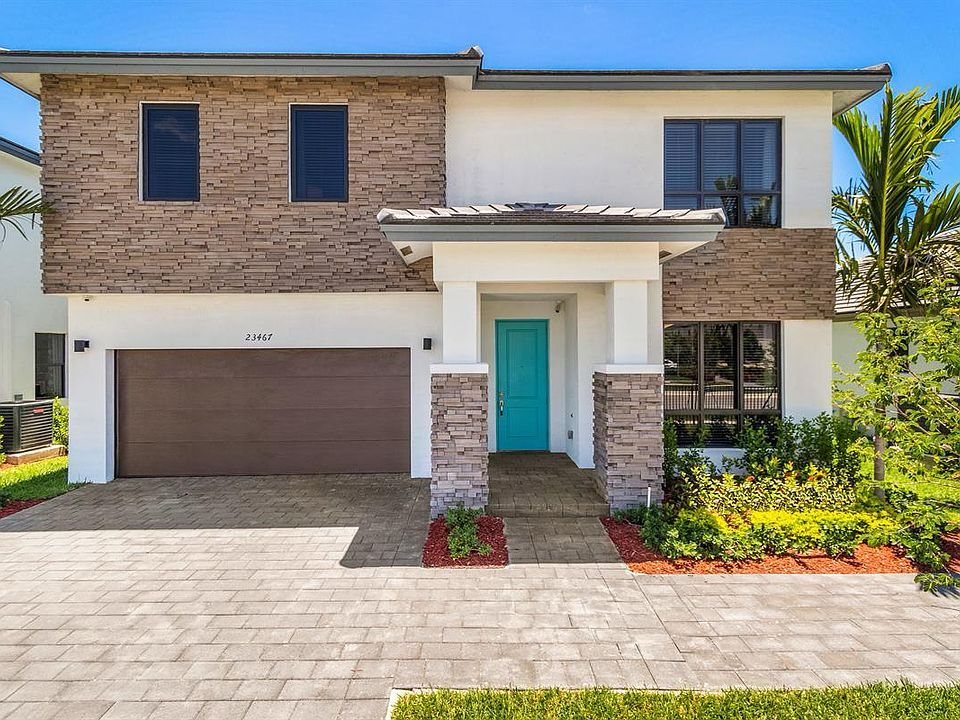
### Network with Local Real Estate Professionals
Even if you're selling without an agent, networking with local real estate professionals can provide valuable insights and assistance. Attend open houses in your area or join local real estate investment groups where you can meet other sellers and buyers who might offer tips or referrals.
You might also consider hiring a real estate attorney or consultant who can guide you through legal aspects of selling without representation while ensuring compliance with local laws.
### Be Responsive and Flexible
Once you've started advertising your home, being responsive is crucial to capturing interested buyers’ attention quickly. Respond promptly to inquiries via phone calls or emails—this shows that you're serious about selling and helps build trust with potential buyers.
Flexibility is equally important when it comes to scheduling showings or open houses. The more accommodating you are regarding viewing times, the higher chance you'll attract serious buyers who may have busy schedules themselves.
### Prepare for Negotiations
Once you start receiving offers on your property, be prepared for negotiations. Familiarize yourself with common negotiation tactics so you feel confident discussing terms with potential buyers. Know what aspects of the sale are non-negotiable for you (like price) versus those where you might be willing to compromise (like closing dates).
Being well-prepared not only makes negotiations smoother but also helps ensure that you achieve the best possible outcome when selling your house.
### Conclusion
Selling your house by yourself requires dedication and effort but can ultimately lead to significant savings on commission fees while allowing you full control over the process. By understanding the market, creating compelling listings, leveraging various advertising platforms—including social media—and being responsive throughout negotiations—you can successfully navigate this journey toward selling your home effectively!
Categories
Recent Posts



